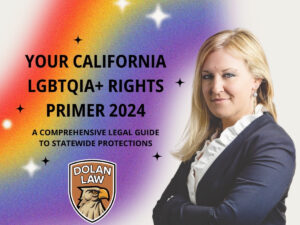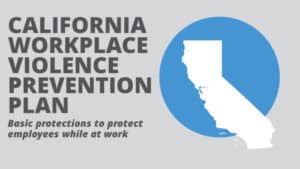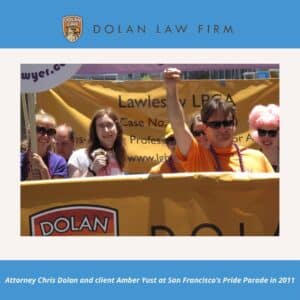This week’s question comes from Kimmy who writes:
Q: “I have attended recent Black Lives Matter protests to bring awareness to excessive force by Police against African Americans. At the last protest I attended, a police officer blocking an intersection told me to put my phone down and said I couldn’t film him. I have seen many videos from these protests and I wanted to document the protest myself. Am I allowed to film police officers?”
A: Kimmy, you raise a very important question. Many have seen the sickening cell phone footage of George Floyd with a police officer’s knee on his neck. We have seen even more cell phone video images of police abuse during some recent protests. These recordings have made a significant impact in the public perception of systemic racism within police forces and are acting as an import catalyst for change. This makes the conditions under which citizens may rightfully document the activities of law enforcement officers increasingly important to understand. Especially when, as happened to you, the police ask you to stop filming. The right to film police officers raises a number of legal questions including Constitutional First Amendment issues as well as California state laws.
The First Amendment of the United States Constitution prohibits the Government from passing laws that would infringe upon, among other things, free speech, and the freedom of the press.
Most courts have held that the First Amendment gives individuals the right to document police officers in public while they are performing their duties.
Inherent in the First Amendment is the right to freely discuss our government, as well as the freedom of the press and right to public access to information. Now that cell phones and other compact filming devices are ubiquitous and social media has become a primary source for people to receive their information, “news” is increasingly gathered and disseminated by members of the public. Fittingly, courts have recognized this change and held that the freedom of the press also applies to citizen journalists and documentarians just as it does to formal members of the press. (Glik v. Cunniffe, 655 F.3d 78 (1st Cir. 2011).)
There are limits, however. In California, an individual may record an on-duty police officer, but may not do so surreptitiously (the camera must not be concealed or hidden). Under California Penal Code Section 647, audio recording, and potentially videotaping, a police officer with a concealed camera may constitute a misdemeanor. While openly recording an officer is legal, the conduct of others included in the audio and video may be protected. California Penal Code 632 makes it a crime to record or eavesdrop on any confidential communication, including a private conversation or telephone call, without the participants’ consent.
When filming the police, one must not interfere with the duties the officer is performing. It is not legal to interfere with those duties simply because one is recording. For example, an officer may need a reasonable amount of space to effectively detain a person. Even if one disagrees with the right of an officer to detain a person, it is not lawful to interfere with an arrest. If the officer is not impeded, it is entirely legal to record the officer.
Another important limitation to the right to film police is that it is lawful only on public areas such as streets, sidewalks, or other public lands. California has anti-stalking and “anti-paparazzi” laws which make it unlawful to record anyone on private property without consent. These laws also apply to off duty officers. To lawfully document a police officer, the officer must be in the performance of their duties and on public land.
While it is entirely legal for a person to film a police officer in California within these restrictions, it is important to use common sense. As you discovered, the right to film does not mean that the police will not confront a person who is filming them and ask them to stop. If this happens, it is best to remain calm and polite, and simply explain that you are exercising your First Amendment rights. It is always important to make sure the officer does not perceive a physical threat. If using a phone or small recording device such as a GoPro, have a colorful case or cover and never hold it in a manner that may allow it to be confused by an officer as a weapon. It is not advisable or legal to threaten an officer’s safety.
Finally, even though filming is lawful, a citizen journalist may still lawfully be questioned by a law enforcement officer, though there is no requirement to respond or answer any questions. And, unless a person is driving, there is no California law that requires a person to provide an officer with identification. If questioned or asked for ID, simply ask “am I being detained, or am I free to go.”










